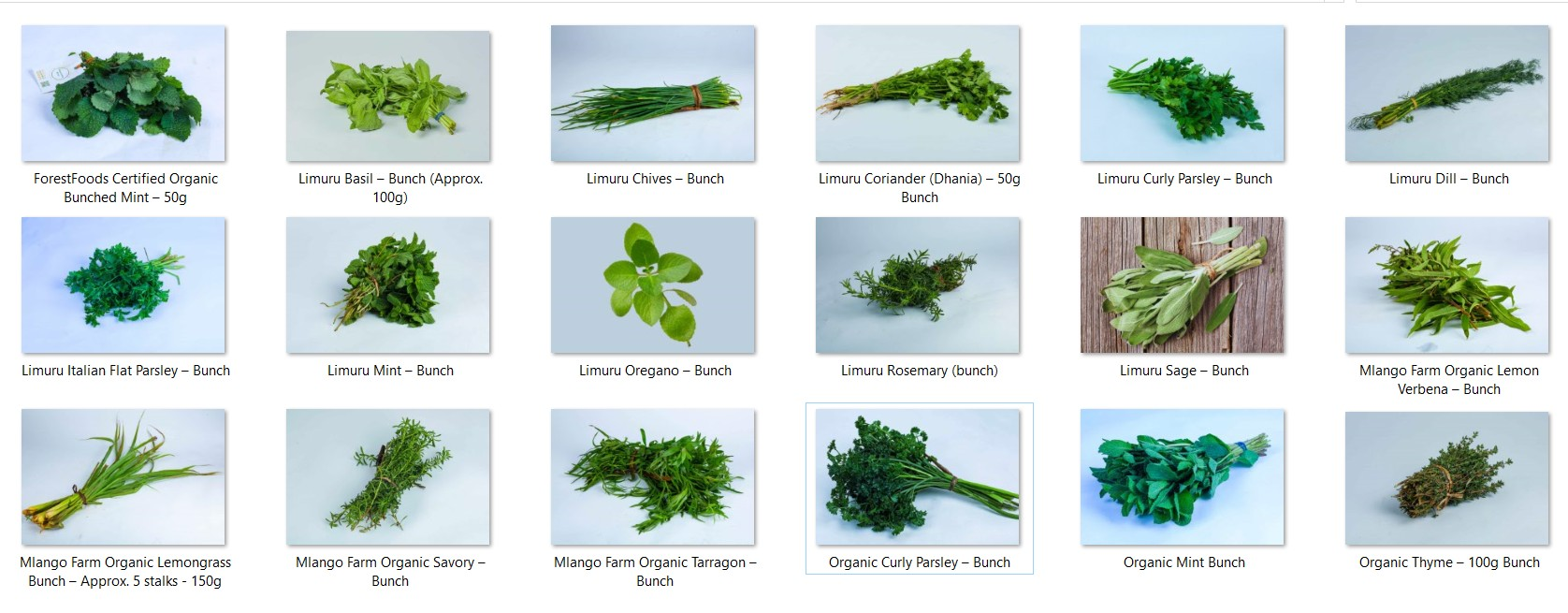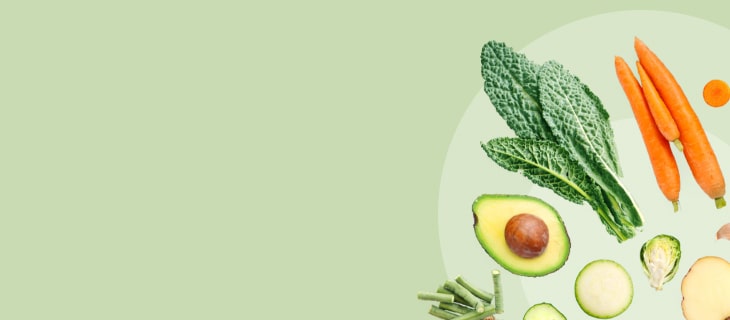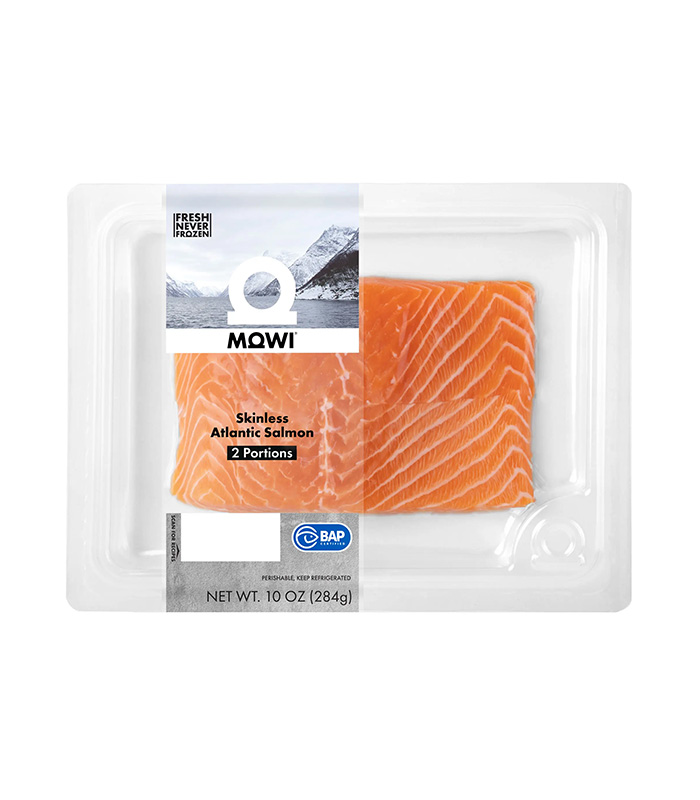The Remarkable Benefits of Herbal Medicine: A Time-Tested Path to Wellness

Herbal medicine embodies a fusion of ancient wisdom and modern science, offering safe, effective, and sustainable healthcare solutions. From boosting immunity with to managing stress , these remedies empower individuals to take charge of their health naturally.
In an era dominated by synthetic pharmaceuticals, herbal medicine remains a cornerstone of holistic health, offering natural, accessible, and culturally rich solutions to modern ailments. Rooted in millennia of tradition and increasingly validated by science, herbal remedies provide a sustainable and personalized approach to well-being.
Below, we explore the key benefits of herbal medicine, supported by research and global practices.
1. Natural Healing: Synergy with the Body
Herbal medicine harnesses the innate healing properties of plants, which have co-evolved with humans for thousands of years. Unlike synthetic drugs, herbs like turmeric (anti-inflammatory) and ginger (digestive aid) work in harmony with the body’s biological processes, promoting recovery without disrupting natural balance 59. Traditional systems such as Traditional Chinese Medicine (TCM) and Ayurveda emphasize this synergy, using herbs like ginseng and ashwagandha to restore vitality 16.
2. Minimal Side Effects
Clinical studies highlight that herbal medicines, when used appropriately, often cause fewer adverse effects compared to pharmaceuticals. For example, St. John’s Wort is effective for mild depression with fewer side effects than conventional antidepressants 9. A 2023 review of 141 studies found that herbal treatments for psychosomatic disorders and upper respiratory infections had high tolerability, with over 80% of outcomes being positive 7.
3. Holistic Health Approach
Herbal medicine addresses the root causes of illness rather than just symptoms. For instance, peppermint soothes irritable bowel syndrome by calming intestinal muscles, while adaptogens like rhodiola combat stress by regulating cortisol levels 69. This holistic philosophy aligns with TCM’s focus on balancing Qi (energy) and Ayurveda’s emphasis on dosha harmony 12.
4. Sustainable and Eco-Friendly
Herbal cultivation often requires fewer resources and chemicals than pharmaceutical manufacturing. Plants like aloe vera and chamomile can be grown organically, reducing environmental impact. The global herbal medicine market, projected to reach $356.8 billion by 2035, reflects a shift toward eco-conscious healthcare 8.
5. Affordability and Accessibility
Herbal remedies are cost-effective, particularly in developing countries where 80% of populations rely on them for primary care 10. Common herbs like garlic (cardiovascular health) and fennel (digestive support) are widely available, even in home gardens 26.
6. Customizable Treatments
Herbalists tailor regimens to individual needs. For example:
• Turmeric + black pepper: Enhances curcumin absorption for joint health 9.
• Valerian + chamomile: Combines sedative effects for insomnia 6.
This personalized approach is central to systems like Ayurveda, where formulations are adjusted based on body type and season 6.
7. Cultural Wisdom and Heritage
Herbal medicine is steeped in cultural traditions. Ginkgo biloba, used in TCM for cognitive health, and neem in Ayurveda for detoxification, exemplify centuries of empirical knowledge 16. Indigenous practices, such as Native American use of echinacea for immunity, continue to inform modern herbalism 5.
8. Complementary to Modern Medicine
Integrating herbs with conventional treatments can enhance outcomes. For example:
• Milk thistle supports liver detoxification during chemotherapy 9.
• Ginger reduces nausea in pregnancy and post-surgery 9.
However, interactions (e.g., ginkgo with blood thinners) require professional guidance 910.
9. Scientifically Validated Advancements
Modern research validates traditional uses:
• Curcumin (turmeric) shows anti-cancer potential in clinical trials 69.
• Echinacea reduces cold duration by 1.4 days in meta-analyses 6.
Over 6,000 clinical trials are investigating herbs for conditions like diabetes and Alzheimer’s 6.
Safety and Considerations
While herbal medicine offers immense benefits, risks exist:
• Quality control: Contaminants like heavy metals in unregulated products 10.
• Drug interactions: St. John’s Wort interferes with birth control and antidepressants 9.
Always consult a healthcare provider before starting herbal regimens, especially if pregnant, breastfeeding, or on medications 910.
Further Reading:
• The Science Behind Turmeric’s Anti-Inflammatory Power
• Traditional Chinese Medicine: Ancient Secrets for Modern Health
________________________________________
References:
• World Health Organization (WHO) on traditional medicine 110.
• Clinical trials and market data 68.
• Safety guidelines from Mount Sinai and Medical News Today 59.










